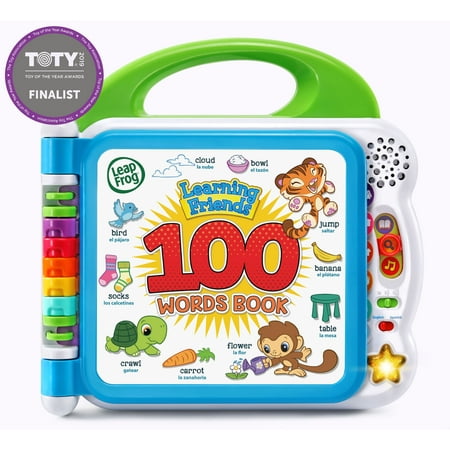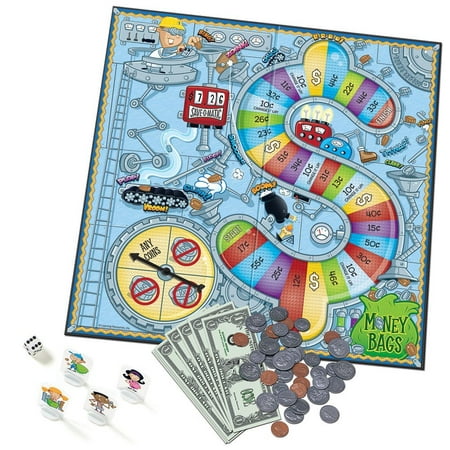Learning Resources All Ready for Preschool Readiness Kit, Ages 3+
Get your infant ready for preschool with the Learning Resources All Ready for Preschool Readiness Kit. Create your own a laugh sports at the same time as concentrated on critical studying abilities like counting, alphabet, color identification and form recognition. The preschool children’ getting to know package is smartly packaged in a reachable storage box and comes with a 32-web page guide created only for mother and father. Materials include an assortment of colourful manipulatives and other palms-on tools (as utilized by instructors), as well as a write-and-wipe hobby e-book for youngsters. The preschool kit has many suggestions for activities on each talent degree. From a ebook with heaps of various video games, writing, coaching first-rate motor abilties to helpful suggestions and clean instructions, it’ll provide you with the confidence to realize that your toddler is ready for the next step. Whether at home or away on excursion, deliver the package with to unharness a global of creativeness and exhilaration for studying.







COUNTING, ALPHABET & MORE: Targets counting, alphabet, colour identity, and form recognitionGREAT FOR PREK: Specially designed for pre-schoolersHANDS-ON LEARNING: Preschool package consists of collection of colorful manipulatives and different arms-on toolsSTORAGE INCLUDED: Storage boxAge variety from three to 4 years





Reviews
There are no reviews yet.